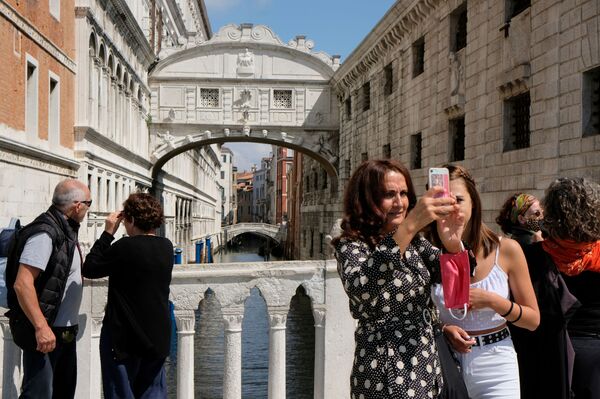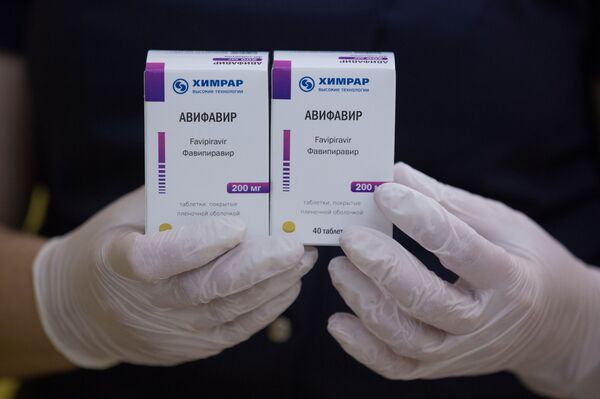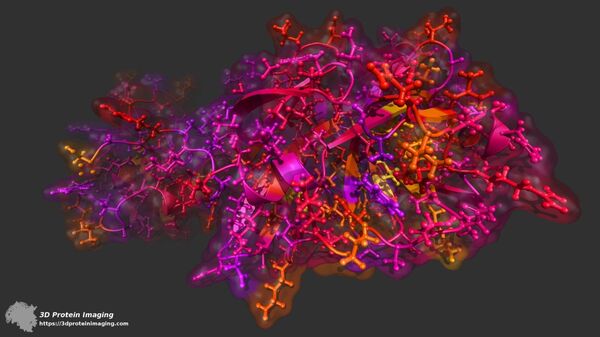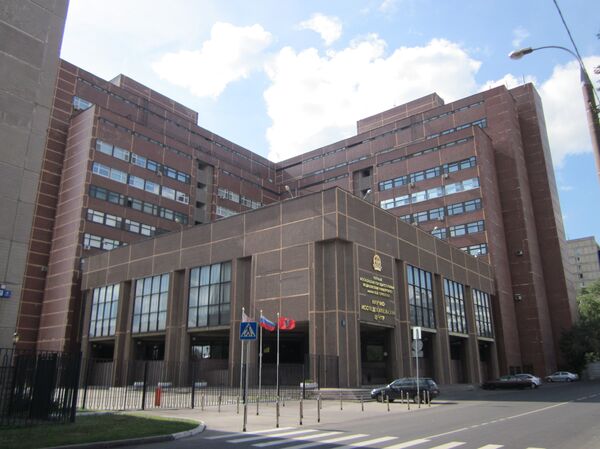In an op-ed published in Newsweek on Tuesday, Kirill Dmitriev, CEO of the Russian Direct Investment Fund (RDIF), has addressed the predominantly negative coverage of Russia’s covid-19 handling by foreign media, suggesting it was unwarranted.
Instead, he explained, Russia has been “setting an example others can learn from in many vital areas,” with RDIF playing a “key role” in this process.
Testing – a Question Worth Trillions
For one thing, he noted, Russia has become a global leader in coronavirus testing, which, in his view, is a crucial ingredient to the reopening of economies closed down by the pandemic. Dmitriev pointed out that in the tourism sector alone, the UN projects losses of between $1.2 trillion and $3.3 trillion in 2020, with a whopping 120 million tourism sector jobs at risk, and 1.25 billion more indirectly threatened.
“Only through extensive testing can economic activity, including international travel, resume,” he stressed.
As an example of Russia’s successful efforts in this direction, the official pointed to the test kit created by Russian-Japanese company EMG, which is capable of finding out if someone has coronavirus or not in just 30 minutes, instead of the 2 hours+ required by many other kits, which means faster results and more testing. Best of all, the system can be used on the go, and not only in a traditional lab environment.
“Our testing system has already helped to quickly locate and prevent potential outbreaks at many of Russia’s largest industrial enterprises, as well as at offices and soccer competitions. Unsurprisingly, other countries have purchased more than 13 million of our tests – indeed, they account for more than a third of all tests completed in the US,” the official noted.
Russia’s mass testing regimen has been among the most intensive in the world, with roughly 159.5 tests per 1,000 persons carried out over the past four and a half months (compared to 121.7 tests per 1,000 people in the US, and 105.9 tests per 1,000 people in the UK).

Medications: Reducing Infections
With nearly a century of leadership in medical and vaccine research under its belt, Russia was one of the first nations where researchers successfully sequenced the whole genome of the coronavirus, and where research on various drugs with which to treat the virus, and vaccines to stop its spread, began in earnest.
According to Dmitriev, treatments should focus, first and foremost, on available antiviral medications which reduce the number of cases of severe infection.
“Gilead's Remdesivir and Avifavir, which we created in Russia as an improved coronavirus-specific version of the Japanese anti-influenza drug Avigan, became the first two regulatory approved anti-COVID antivirals in the world,” the official pointed out.
“These drugs will be key to shortening infection times and hospital stays,” Dmitriev believes. “Because they target the coronavirus through a known mechanism of viral RNA polymerase inhibition, they also have more limited and clearly understood side effects than other non-specific drugs. The main restriction is that Avifavir should not be taken by pregnant women or during the time of pregnancy planning.”
RDIF and the ChemRar pharmaceutical group began exporting Avifavir to Belarus and Kazakhstan earlier this month, with talks underway to deliver the drug to Latin America, and other Commonwealth of Independent States and Middle Eastern countries. Last week, RDIF lobbied Russia’s Ministry of Health to allow the administration of Avifavir for home use, citing clinical trials and the first month of usage in hospitals, where the drug has shown a number of positive effects, chief among them faster recovery time.

Vaccines
On Saturday, Russia’s Sechenov First Moscow State Medical University announced the completion of clinical trials on the world’s first coronavirus vaccine – a preparation developed by Russia’s Gamalei Institute of Epidemiology and Microbiology. The institute is one of several research centers across Russia working on promising vaccines based on a variety of techniques, ranging from DNA- and RNA-based vaccines to more traditional whole-virus or inactivated vaccines – the latter a tried and true standard used in the past in combating polio, the flu, typhoid, cholera, and other serious maladies.
Commenting on vaccine research, both by Russia and other countries, Dmitriev admitted that “it is a huge challenge to select from the more than 140 vaccines currently in development,” particularly as “no other vaccine has ever received regularly approval faster than in 4 years.”
“Nonetheless, our analysis shows that adenovirus-based vaccines will be the first to market, with the expected regulatory approval this September. They introduce a gene of the spike of coronavirus into a human body through a previously proven adenovirus-based delivery mechanism,” the official explained.
RNA-based vaccines are another promising direction, according to Dmitriev, although more testing needs to be done to prevent a negative impact on fertility, “a key parameter for nations that plan to vaccinate a large part of their populations.”
Dmitriev pointed to three separate promising adenovirus vector-based vaccines, developed by Russia’s Gamalei Institute, Oxford University/Astra Zeneca and China’s CanSino Biologics. According to the official, he is so confident in the Gamalei vaccine’s safety that he has already received a dose, developing a strong immunity in 20 days, with a booster expected to extend immunity to two years.
“Others will soon be able to do the same. By producing this vaccine through manufacturing partnerships in several countries, we will be able to ramp up production to 200 million doses by the end of the year,” he boasted. In Dmitriev’s estimation, as many as three plus billion doses of adenoviral vector-based vaccines will be created in 2021.
Ultimately, owing to the constraints of time and the impact the virus has on both global health and economic activity, Dmitriev stresses that the most logical solution thing for Russia and the world to do is to focus “on the best existing solutions” and “scal[ing] them up quickly through international cooperation.”
“This may seem like an obvious approach. Yet, the hope for quick solutions, the lack of deep analysis and deepening mistrust among nations has prevented it from being adopted by many countries,” he warned. In any event, Russia’s sovereign wealth fund has already done its part, the official stressed, by cooperating with 15 partner funds, with the three above-mentioned solutions “already playing major roles in defeating COVID-19 this year.”



